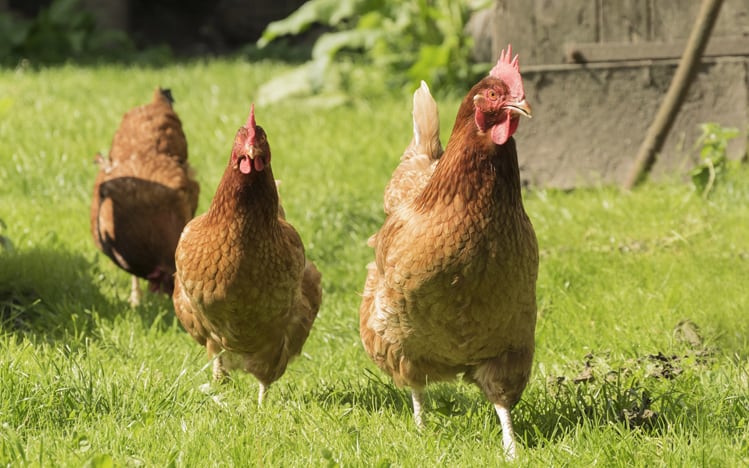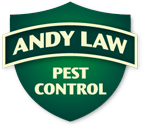
Protect Your Hens from Stoats and Mink
Food is scarce for many animals during the winter. The frozen ground makes it all but impossible to dig for food, and other sources are also hard to come by. So, you can’t blame stoats and mink for seeking food wherever they can.
If you have hens, though, you won’t want them taken away by these very animals for food. Yet from October right through until March, this can be a danger. Even if you did all you could to protect your hens before winter set in, the harsh weather – especially in more rural parts of Scotland – can still do damage to the runs.
So, now would be a good time to check your hen runs are still in good condition. Stoats usually steer clear of large hens, but you don’t want to risk a particularly determined stoat getting the better of a hen if you can do something about it. Firstly, make sure the run is in good condition, and hasn’t been damaged by any winter storms. The weight of snow sitting on top of it can also cause water damage and weakness if the run isn’t in the best condition to start with.
Stoats and mink can both be trapped if you are having problems with hens being taken. However, setting traps isn’t something everyone is happy to do. Furthermore, the traps need to be set with appropriate bait for each species. Mink love fish, for instance, but you’d need something else to trap a stoat. If you’ve lost a hen to a visiting stoat, keep the carcass and use that to set the trap. There is a good chance the stoat will come back, and if it does, it should go to the hen and the trap can be sprung behind it.
Of course, most people won’t know which animal is responsible for any damage to their hen run, or correctly identify it if they do see it. That’s why it can be better to call in the experts to make a proper identification and to take the appropriate steps once this is done.
Prevention is always better than allowing one of your hens to be killed. You can’t check the condition of your hen run too often. In fact, whenever you clean them out or feed them, check for signs of a predator nearby so you know what you’re faced with.
